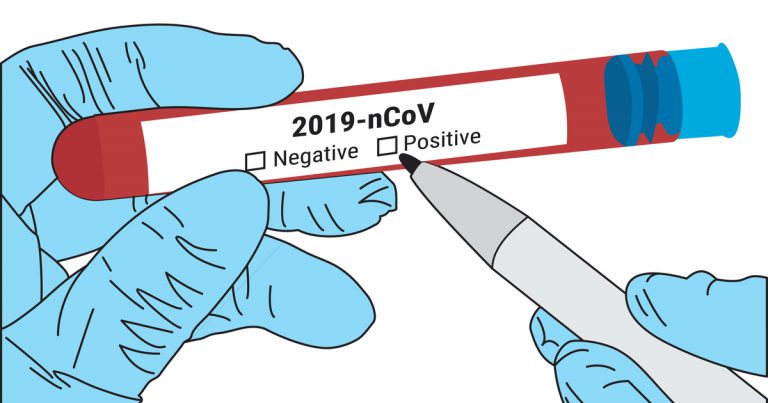Estimated reading time: 8 minute(s)

With legislation created in response to the COVID-19 pandemic such as the Coronavirus Aid, Relief, and Economic Security Act (CARES) and the Families First Coronavirus Response Act (FFCRA), efforts to provide tax relief are widely available. So, how is the IRS addressing employer sponsored health insurance?
In a recent IRS update, Notice 2020-29, more information is provided on this topic. The IRS is increasing flexibility when it comes to Cafeteria Plans. This increased flexibility will be beneficial for both employers and employees who have employee sponsored healthcare.
Be sure to review Notice 2020-29 for additional information.
What is a Cafeteria Plan?
According to the IRS definition, under Section 125 of the Internal Revenue Code, a cafeteria plan is an employee sponsored plan. This type of plan is a “buffet” of options that employees can customize, hence the name, “cafeteria” plan. These health benefits are chosen pre-tax, therefore no social security or federal taxes are applied.
What are the Advantages of Cafeteria Plans
There are great tax benefits for employees. Their health insurance benefits are subtracted from their income before payroll taxes are deducted. Therefore, employees pay less federal and social security taxes. When payroll taxes are deducted from the employees’ paychecks, they are lower because the pre-tax benefits lowered the employee’s gross income.
These benefits are passed on to employers. Since the employees’ gross income appears lower, their payroll taxes are also lower. Employers have to match payroll taxes, therefore they also are paying lower taxes.
What Guidance has the IRS Provided on Cafeteria Plans?
The IRS has increased the flexibility of these plans. The downside to cafeteria plans is that employees are locked in with the benefits that they chose for the plan year. In response to the financial stresses on employees, the IRS is allowing for mid-year elections.
If an employee was offered this health insurance coverage by their employee, but declined, they are able to opt in. Employees with existing benefits are able to make adjustments.
Here is the official guidance from the IRS Notice. Employees are able to:
(a) make a new election on a prospective basis, if the employee initially declined to elect employer-sponsored health coverage.
(b) revoke an existing election and make a new election to enroll in different health coverage sponsored by the same employer on a prospective basis.
(c) revoke an existing election on a prospective basis, provided that the employee attests in writing that the employee is enrolled, or immediately will enroll, in other health coverage not sponsored by the employer.
A Full Service Reporting Solution…
With so many policy changes and financial pressures on businesses, ACAwise is here to help businesses maintain their ACA reporting. Our team is here to answer any questions you may have as an Applicable Large Employer (ALE). Our software is designed to take all of the tedious work out of your ACA reporting.




Leave a Comment